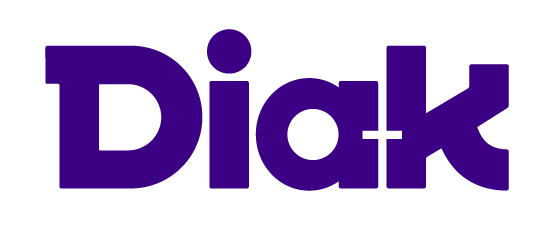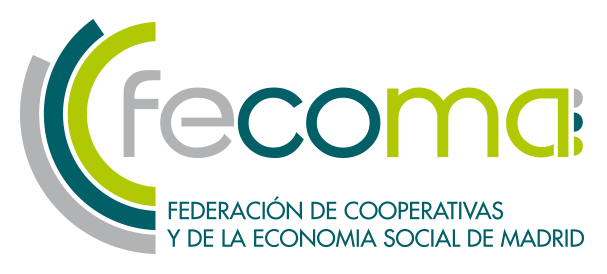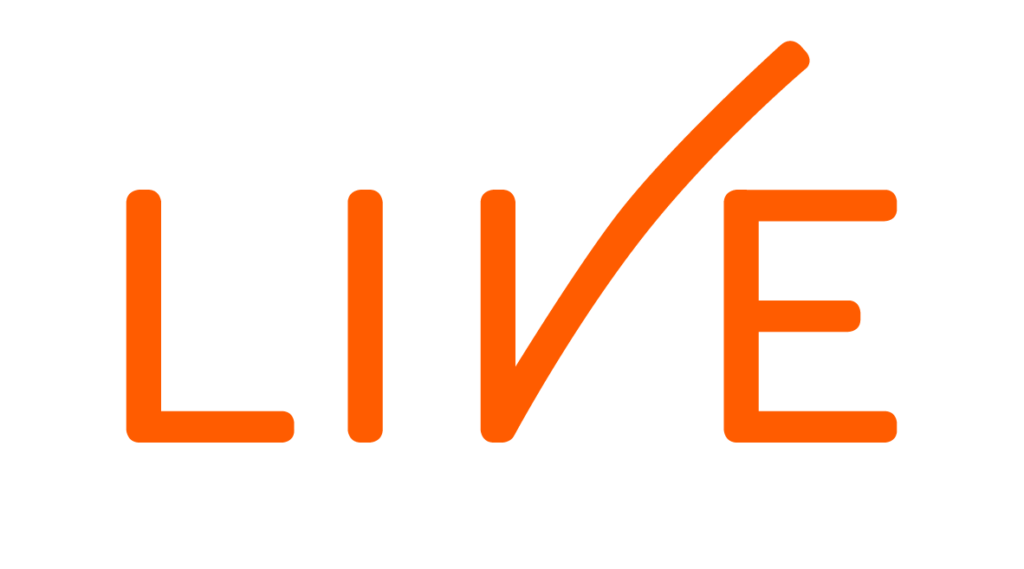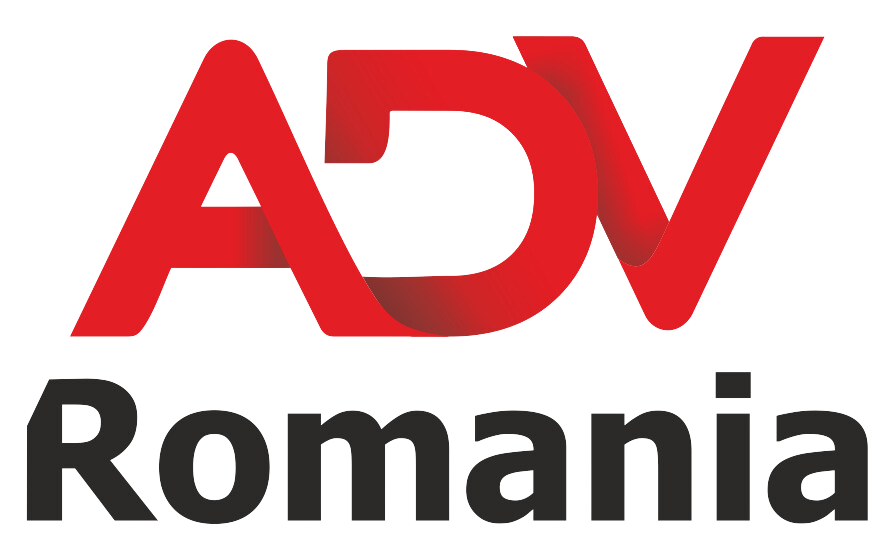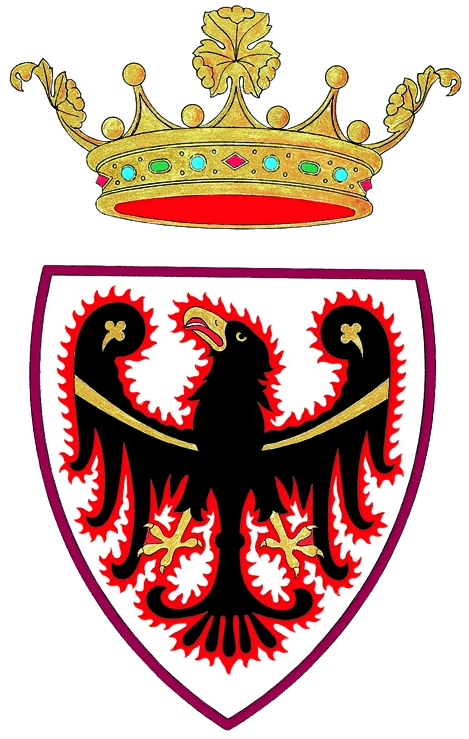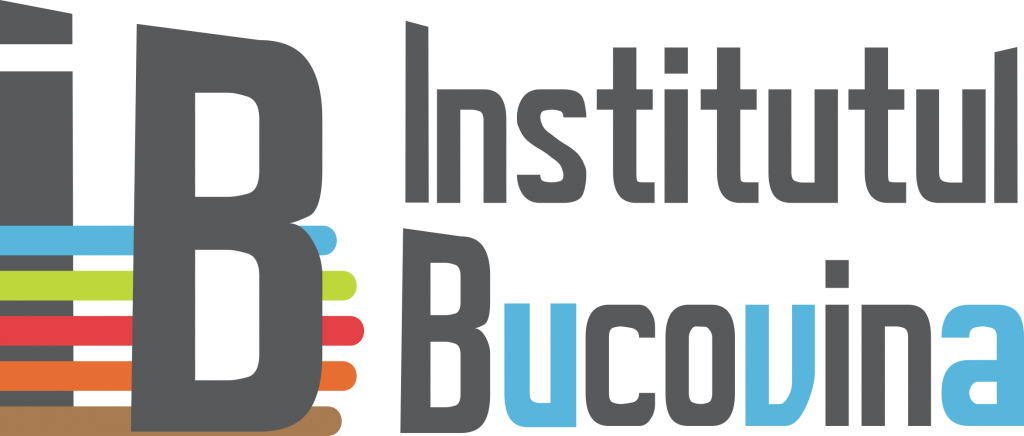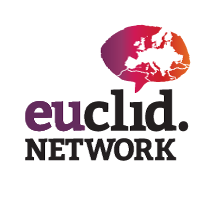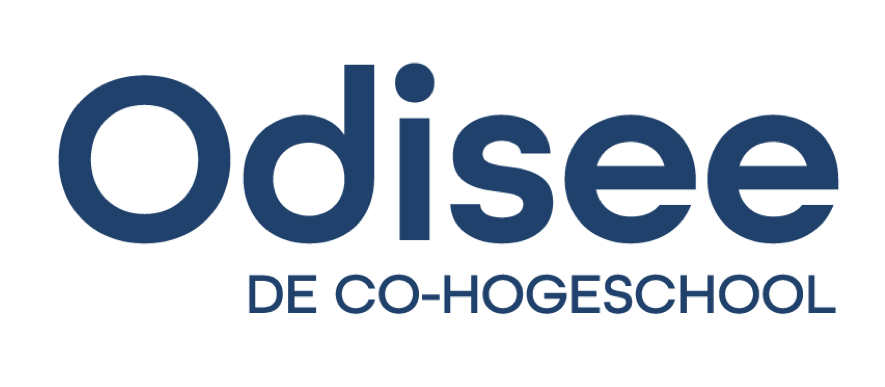Home / Partners
Partners
Meet the ESIC team – from all over Europe
The ESIC Alliance brings together higher education and vocational education and training, social economy organizations and enterprises from several European countries as well as European level actors. Get to know us and follow our channels for more information!
Read more
Diaconia University of Applied Sciences (Diak), project coordinator for ESIC, is the largest provider of university-level education in social work and the biggest educator of social care professionals in Finland. With around 3,000 students in social work, health care, diaconal work, and interpreting, Diak has three campuses located throughout Finland, as well as a mobile training and development unit called DiakHub Eastern Finland. Through a wide range of services and R&D activities, Diak engages in an active dialogue with broader society and innovates solutions to present and future challenges. One of their notable achievements is the Zekki digital service, which won the European Social Innovation Competition in 2021.
Diak has extensive experience in numerous social entrepreneurship projects on national, regional, and international levels. The university belongs to many networks in the field of social entrepreneurship and is a founding member of the Finnish Centre of Expertise for Social Entrepreneurship. Diak’s close ties with civil society organisations and the labour market are one of its strengths, allowing it to put theory into practice and bring research results from the grassroots level to the decision-making level.
Read more
EURICSE is a research institute based in Trento (Italy). It promotes knowledge and innovation in the context of cooperative and social enterprises and other non-profit organisations of a productive nature, through theoretical and applied research, training and consultancy activities.
Read more
The Federation of Cooperatives and Social Economy of Madrid, FECOMA, was established in 1997 and since then it represents and defends the interests of Social Economy companies in the Community of Madrid.
FECOMA brings together eight entities that represent more than 500 companies of the different categories and families of the Social Economy.
FECOMA develops alliances and support and advisory actions for the constitution of business and economic projects through cooperative and social economy formulas.
It also carries out training, promotion and dissemination actions, as well as meetings, conferences and debate forums on the reality, needs and challenges of the Madrid Social Economy.
At FECOMA we believe in a fair world, where economic activity, being essential from every point of view, must be at the service of people.
We are committed to creating companies with focus on the people, with values and where social justice, solidarity, diversity and equality and sustainability and the defence of the environment are fundamental.
Read more
Live Foundation aims to promote and support people’s ability to become and remain a fully-fledged member of Finnish society. We facilitate employment by offering our customers education, training, rehabilitation and coaching.
The Live Foundation, previously known as Invalidisäätiö, was established in 1940 to provide treatment, rehabilitation and vocational training to those injured in the Winter War. For nearly eight decades, we have systematically developed our operations to meet the changing needs of society
Live Vocational College, the largest special education institution in the Helsinki Metropolitan area. It also acts as the national competence unit for special education. The Live Vocational College is an operation for the public good and mostly funded by the Ministry of Education and Culture.
Read more
Platform for Social Change is an innovative space for the development of social entrepreneurship. We have integrated educational opportunities, investment programs, and mentoring support to provide social entrepreneurs with a comprehensive toolkit for implementing their projects.
Our mission is to make social entrepreneurship a platform for the development of local initiatives for global change. We support social entrepreneurs and civil society organizations in identifying and implementing ideas that bring social benefit and contribute to the creation of sustainable and progressive projects.
Read more
Rethink Ireland provides cash grants and business support to the social innovations who are working towards a more just, equal and sustainable Ireland. By partnering with individuals, families and businesses, we identify the different charities and social enterprises working in communities across the country who are making real headway. These are the organisations not just thinking differently, but who are putting their ideas into practice and building a more inclusive Ireland. Our role is to support these big thinkers with the resources to share and nurture their ideas so that what proves to be effective in their local community has the opportunity to impact our whole country.
Read more
The University of South-Eastern Norway (USN) is committed to innovation, high-quality education, and research addressing social and environmental challenges. USN’s academic programs align with professional needs and societal demands. Building on sustainability, proximity to praxis, and innovation, USN collaborates with a plethora of actors at a regional, national and international level. The university actively searches for collaborations both regionally, nationally and internationally.
SESAM, the Center for Social Entrepreneurship and Co-Creative Social Innovation, actively contributes to the ESIC project. As a national knowledge hub, SESAM advances research-based social innovation in Norway’s welfare society. Aiming to be Norway’s premier knowledge center and a preferred collaborative partner, SESAM strongly focuses on partnerships, practice-oriented research, regional, national and international projects, and dissemination. Bridging research and practice, SESAM cultivates a dynamic learning environment in interdisciplinarity companionships.
Read more
The Trentino Federation of Cooperation (FTC) is the umbrella organization that represents the cooperative system in Trentino, providing support, services and advocacy to its members.
Read more
Tallinn University (TLU) is a modern and dynamic research university in Estonia with a leading role in promoting an intelligent lifestyle through education, research, and a unique collaboration across disciplines. The Social Entrepreneurship MA study program (SEMA) is a progressive educational initiative of Tallinn University to promote entrepreneurship and the innovation of the social and health sector, environmental protection, urban development, rural development, and community development. It is the only international curriculum for Social Entrepreneurship in the Baltic region. The program follows the project-based learning method. Experienced staff members guide students through their learning process in a very practice-oriented way using the academic and creative infrastructure of the university for both academic learning and project development.
Read more
ADV Romania represents a group of connected social enterprises: “Alături de Voi” Foundation Romania, UtilDeco, WISE.travel, and JobDirect, which have developed over time since 2002. Its mission is to promote and develop the social economy and ensure the inclusion of people with disabilities and other vulnerable groups. In 2016 was declared the Social Entrepreneur of the Year in the international competition EY Entrepreneur of The Year.
ADV Romania implements programmes at the national and European level and is recognised as a resource centre in the field linking Eastern and Western Europe.
Read more
amusal is the Business association of labor and investee societies of the Murcia Region, born in 1987 as a cooperation project, owned by its associated companies. It is a multisectoral association that brings together 486 Social Economy companies and 181 investee companies with 4900 workers in the Murcia Region.
amusal has a professional training center with 900 students enrolled in both on-site and distance learning courses
Its mission is to defend, consolidate, promote and help the development of Labor societies. For this, it provides services with committed people who, applying continuous improvement and innovation, work with companies to achieve their sustainable competitiveness, influencing the balance between human development and business development, the raison d’être of Labor Societies.
Read more
The Autonomous Province of Trento (PAT), generally known as Trentino, is located in the Northern part of Italy, is a self-governing province with ample legislative and administrative powers in the sectors of health, education, welfare and transport infrastructure. The Statute of Autonomy establishes that political decisions are taken locally in accordance with the general frameworks of national regulations and so it is for the education and vocational education.
The Department of Education and Culture is responsible for the enhancement and modernisation of the educational and scholar system in the province which comprises a network of 650 schools and over 10,000 teachers. It provides: actions for the development and the innovation of the provincial school and training system, taking care of the pedagogical and didactic aspects; teachers and staff training, also in collaboration with Provincial Institute of Educational Research and Experimentation (IPRASE); advice and counseling to schools for innovation of the school system. First and second cycle provincial school personnel (teachers and staff) are provincial employees.
PAT has boosted actions aimed at pedagogy and didactic innovation of teaching and learning processes with a special focus on the centrality of the student as well as on a closer link between school, territory and labour market. The Trentino school system can indeed claim significant experience in the integration of ICT in education and in innovative pedagogical methodologies. Thanks to a strong investment and a forward-thinking policy, it ranks at the top in the PISA at Italian level but also in the international ranking.
Read more
Bucovina Institute is an NGO, Social Enterprise and VET provider from Suceava, Romania with the aim to support the sustainable development of the communities from Romania, Ukraine and the Republic of Moldova, by establishing partnerships for learning, organising and conducting training programs and promoting continuous education. Bucovina Institute’s main objectives include fostering intercultural learning, cross-border cooperation, and exchanging of experiences and best practices in the fields of social economy and youth NEETs employment. Moreover, the NGO aims to support youth and adults coming from different vulnerable groups to access learning and/ or job opportunities, but also entrepreneurship programs. Additionally, efforts are directed towards regional and community development through various training initiatives and skills certification programs, ensuring equal opportunities for all. Volunteering activities and thematic trainings are organised to enhance work (hard and/ or soft) skills and address issues such as human trafficking, bullying, and segregation in schools. Bucovina Institute is accredited by the Ministry of Labour and Social Justice in Romania, to offer employment support services.
Read more
Euclid Network – the European Social Enterprise Network (EN) is the European umbrella organisation for social enterprise support organisations (SESOs). Since 2007, EN has been implementing transnational and cross-border initiatives, performing research, creating visibility, advocating for and building SE(SO)s’ capacity, access to funding, markets and skills, as well as fostering networking and peer-learning across its members and partners. The EN consists of close to 50 SESO members across 29 European countries and is active in 60+ countries. Members and partners include key leading national actors, networks, centres and representative bodies for social entrepreneurs and social innovators, universities, research centres, incubators, accelerators and social funds, representing 100,000+ civil society and social enterprise organisations across Europe.
EN’s mission is to support the development of local, regional, national and international social enterprise and social innovation ecosystems, markets and leading SESOs in Europe and neighbouring countries. This is in order to increase opportunities and remove barriers for social entrepreneurs and social innovators to scale their positive impact and play a key role in paving the way for a new, just, and green economy.
Read more
Odisee University of Applied Sciences (Odisee) has over 11.000 students and approximately 1200 staff members across six different campuses spread over the country. These are dynamic centers of education, applied research, and social services. Odisee is a member of the Catholic University of Louvain Association, a co-operation of higher education institutions led by the largest and oldest university of Flanders. This open and dynamic network links Universities of Applied Sciences across Flanders and Brussels with Louvain University. The Center for Sustainable Entrepreneurship (CenSE) at Odisee conducts practice-oriented scientific research to implement sustainable entrepreneurship in SMEs and family businesses. It aims to create social value by translating its research into actionable insights, tools, and educational materials for direct application in the business world. CenSE emphasizes co-creation to foster connections and partnerships aligned with the SDGs and the 2030 Sustainability Agenda of the United Nations. Additionally, it plays a pivotal role in education by developing training modules and tools for sustainable entrepreneurship, targeting not only students but also educators and researchers for continuous skill development. CenSE stands out as a vital component of our institution, focusing on social entrepreneurship as one of the five key research pillars. This center emphasizes human-centered, value-driven development, and is renowned for its expertise in sustainable business practices, innovative education, and socio-economic sustainability. CenSE’s dedication to social entrepreneurship aligns closely with the goals of ESIC.


